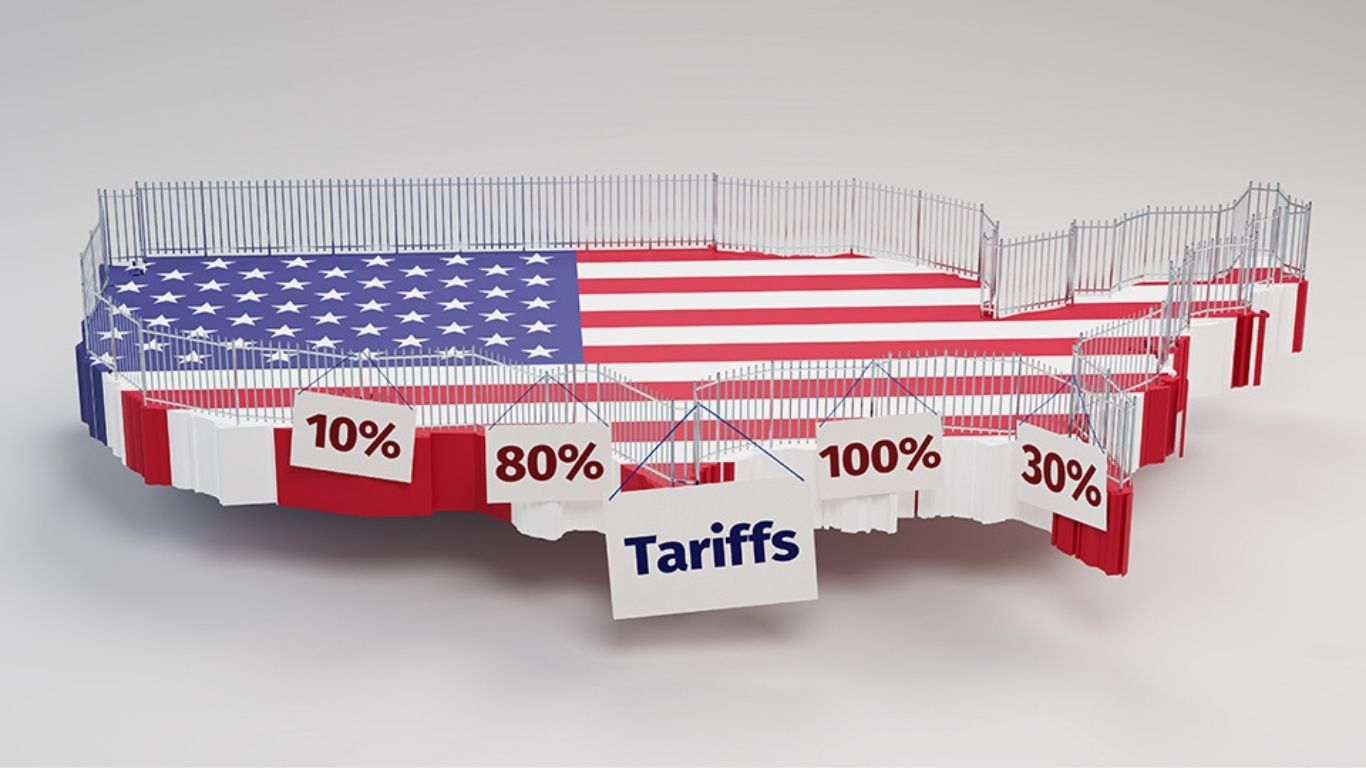The Big Pitch: $5,000 DOGE Checks for Everyone?
Imagine waking up to a $5,000 check, courtesy of Elon Musk’s latest experiment—the so-called DOGE Dividend. On Wednesday, former President Donald Trump threw his weight behind the idea, throwing around numbers like candy: “There’s even under consideration a new concept where we give 20 percent of the DOGE savings to American citizens. The numbers are incredible, Elon—so many millions, billions, hundreds of billions.”
It sounds flashy. It sounds bold. But is it actually a game-changer for struggling households, or just another case of billionaires and politicians throwing around numbers while the rest of us are left guessing?
How Does It Compare to a Typical Tax Refund?
For most Americans, tax refunds are a financial lifeline. According to IRS data from February 2025, the average refund sits at $2,065, with direct deposit refunds averaging slightly higher at $2,165. That’s a 30% jump from last year, but Musk’s proposed $5,000 DOGE Dividend would more than double that amount.
Would it help? Absolutely. Would it fix anything long-term? Not really.
A report from the Financial Health Network paints a grim picture: 70% of American households are financially unstable, and most are surviving on credit. Jennifer Tescher, the network’s CEO, put it bluntly: “Financial health in America—especially for moderate and middle-income households—is on the edge. Credit is the only thing keeping many afloat.”
A one-time check might ease the pain temporarily, but without real structural reform, it’s just a Band-Aid on a bullet wound.
What We Learned from COVID-19 Stimulus Checks
If history teaches us anything, it’s that stimulus checks can be a double-edged sword. During the COVID-19 pandemic, direct payments of $1,200 (and later, $600 and $1,400) significantly boosted disposable income. The result? The U.S. personal savings rate skyrocketed to an unheard-of 33.7% in April 2020.
How did people spend it? According to a National Bureau of Economic Research study:
- 40% went straight into immediate spending.
- 30% was saved.
- 30% was used to pay down debt.
This suggests that if the DOGE Dividend becomes reality, it might follow the same pattern: a short-term economic boost, reduced household debt, and a modest increase in savings. But will it address wage stagnation, skyrocketing rent, or the wealth gap? Unlikely.
The Bigger Picture: What Would a $5,000 DOGE Check Really Do?
If implemented, here’s what could happen:
1. Financial Security (For a While)
A lump sum of $5,000 would help many families breathe a little easier. Emergency savings accounts would grow, credit card balances would shrink, and some might even invest in long-term assets. But unless wages rise and the cost of living stops spiraling, this relief would be temporary.
2. Economic Stimulus
More money in pockets usually means more money spent. Increased spending would fuel economic activity, benefiting businesses (and, of course, the stock market). But will corporations raise wages or just pocket the profits? History isn’t on our side here.
3. Inflation: The Unwanted Side Effect
Injecting billions into the economy could mean one thing: inflation. More cash chasing the same amount of goods and services often pushes prices higher. (See: the post-COVID inflation spike.) The same people who need the DOGE Dividend today might find their rent and grocery bills skyrocketing tomorrow.
The Harsh Reality: Will This Ever Happen?
It’s easy to throw around big ideas, but delivering on them is another story. There are serious questions about the mechanics of Musk’s proposed DOGE Dividend:
- Where would the money actually come from? Tesla? SpaceX? The government?
- Would it be taxed like regular income?
- Would there be eligibility restrictions? (Or is it only for those who can prove their loyalty to Dogecoin?)
- How would it be distributed?
Without clear answers, this idea remains just that—an idea.
The Bottom Line
If the goal is to provide real economic relief, a single check—no matter how large—won’t cut it. People don’t just need a one-time cash injection. They need stable jobs, affordable housing, and wages that actually keep up with inflation.
So while the $5,000 DOGE Dividend sounds tempting, the real question isn’t whether it would help. The question is: Will those in power actually fix the system, or just keep throwing out flashy distractions?
History suggests we already know the answer.




